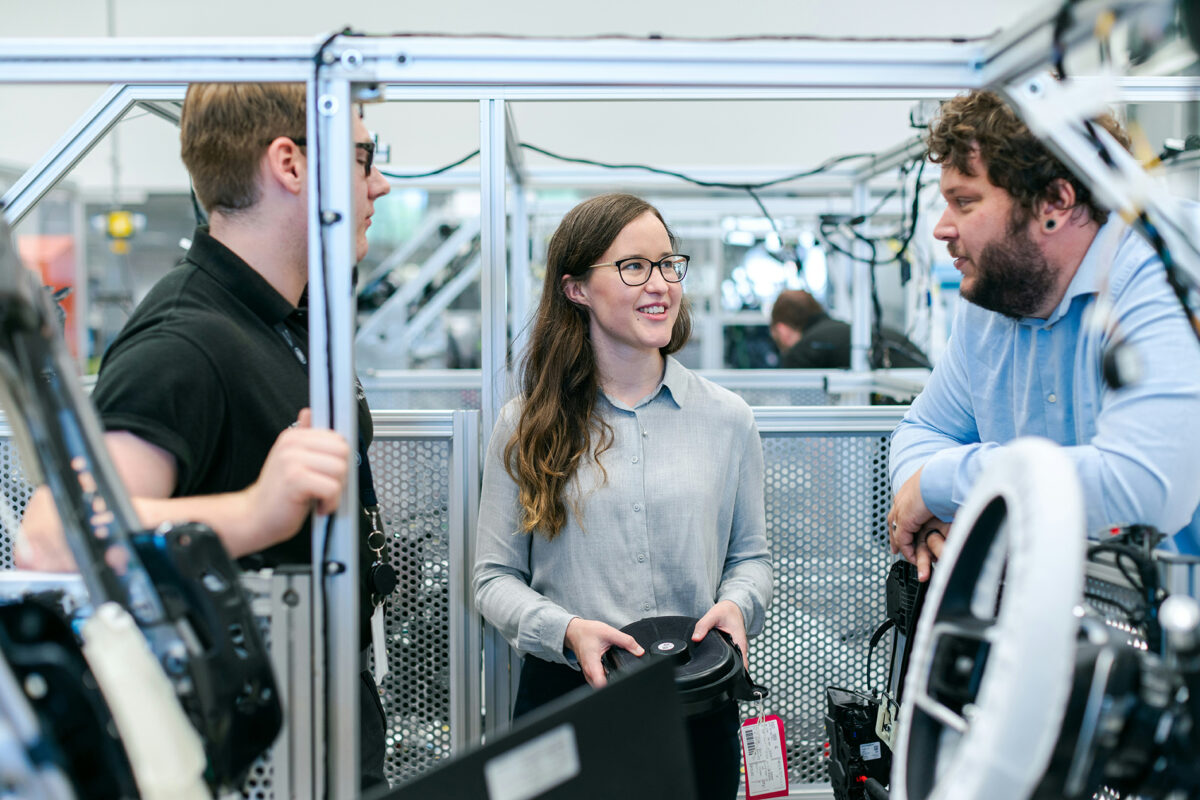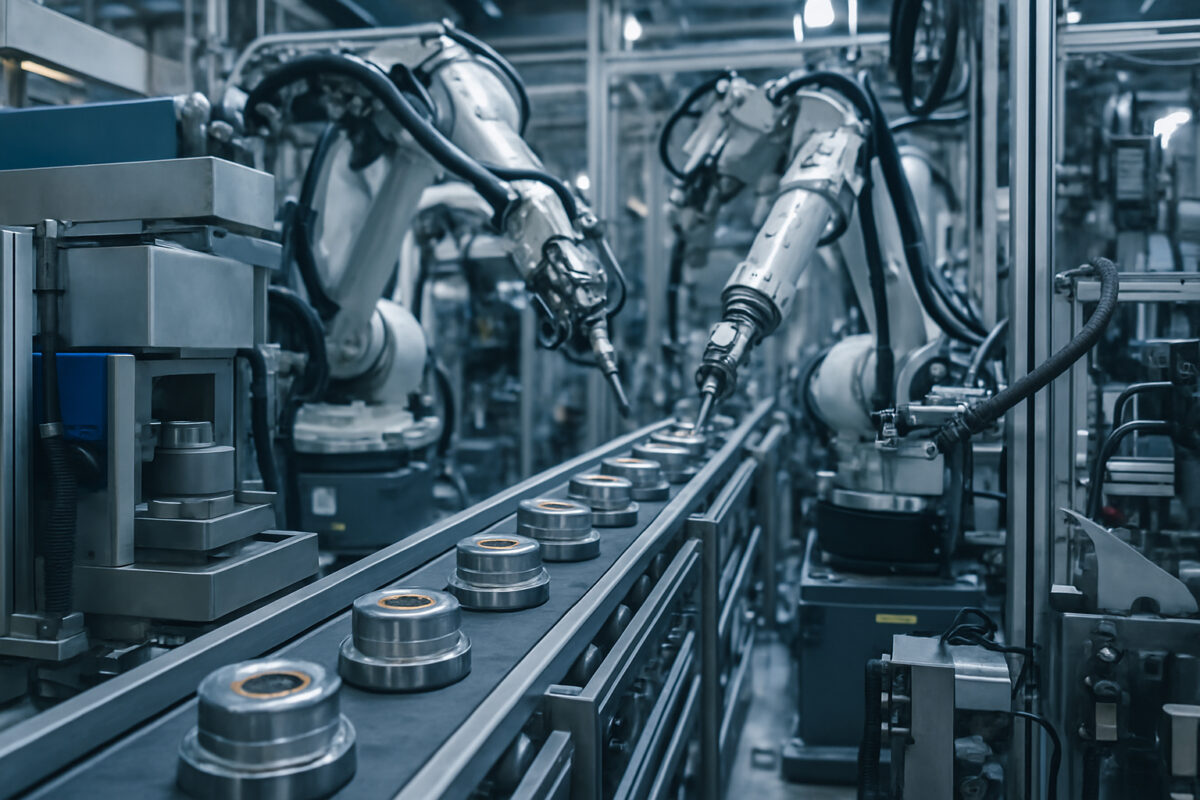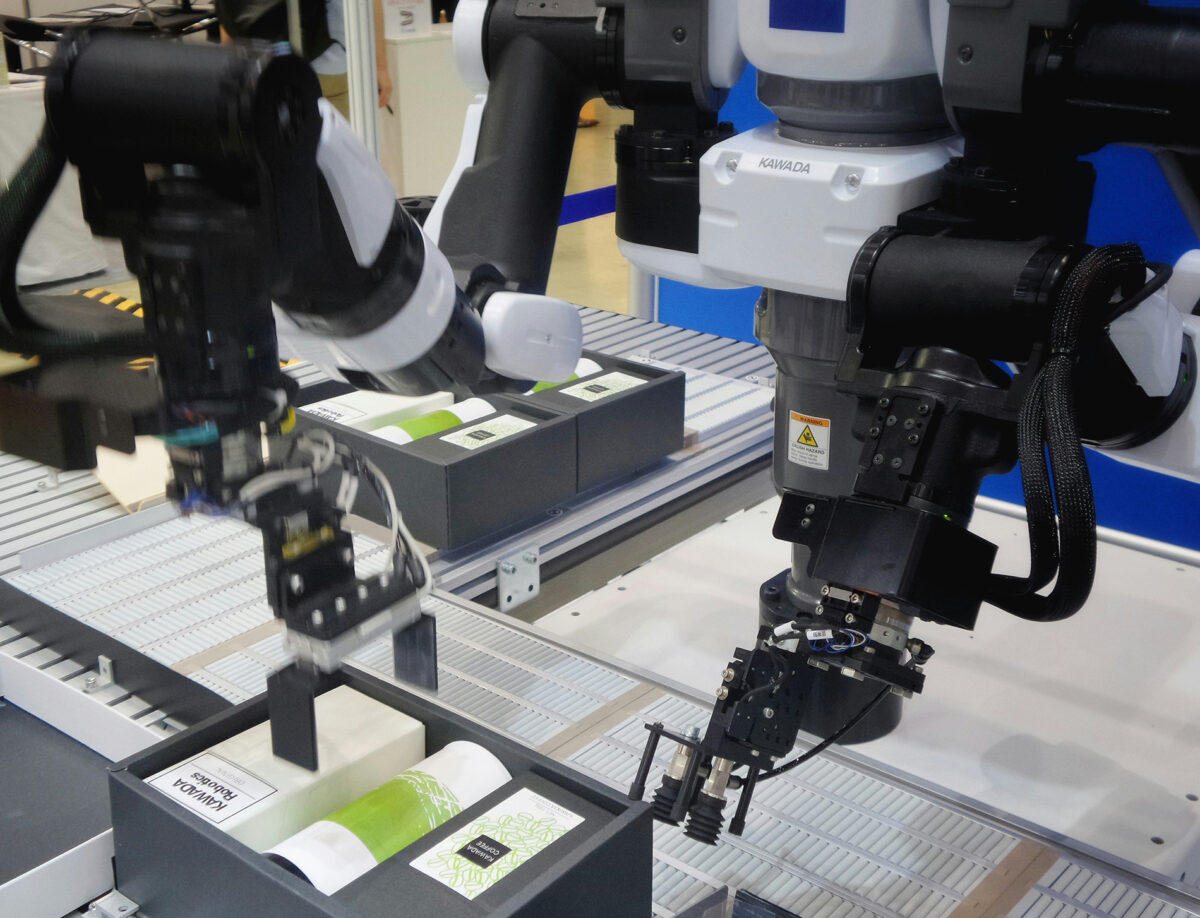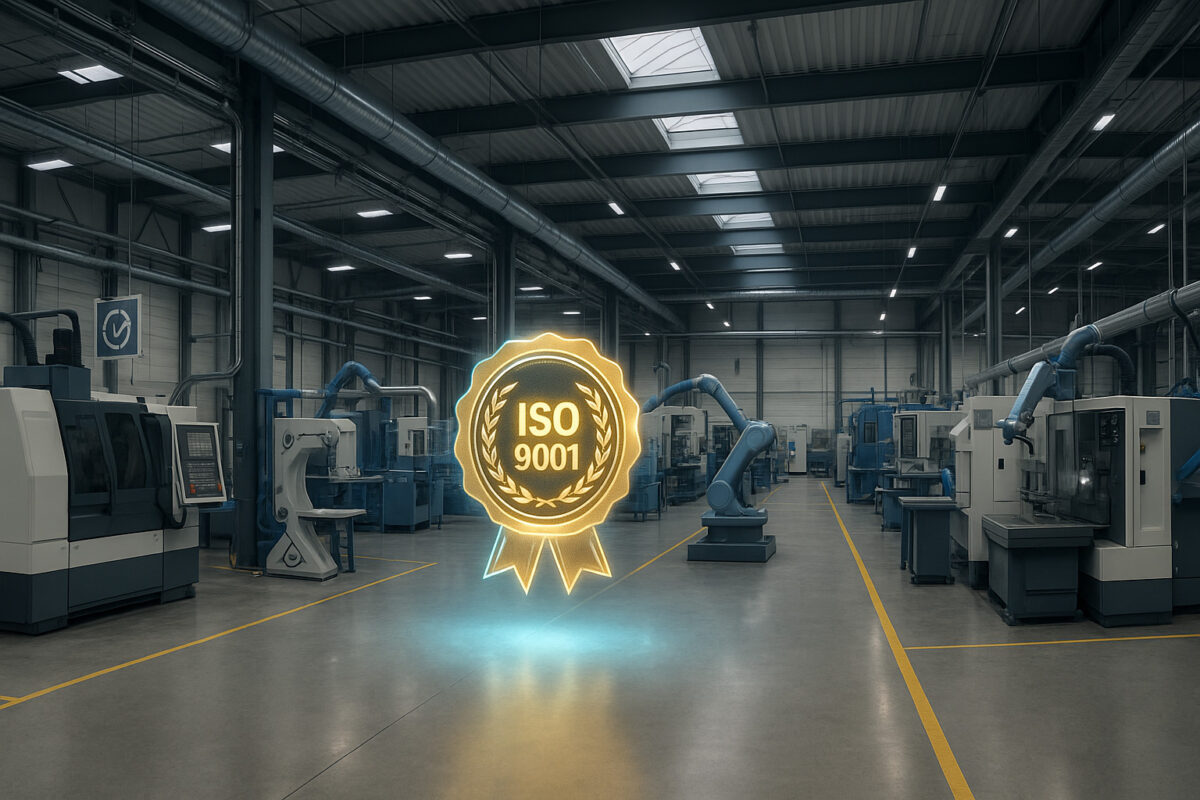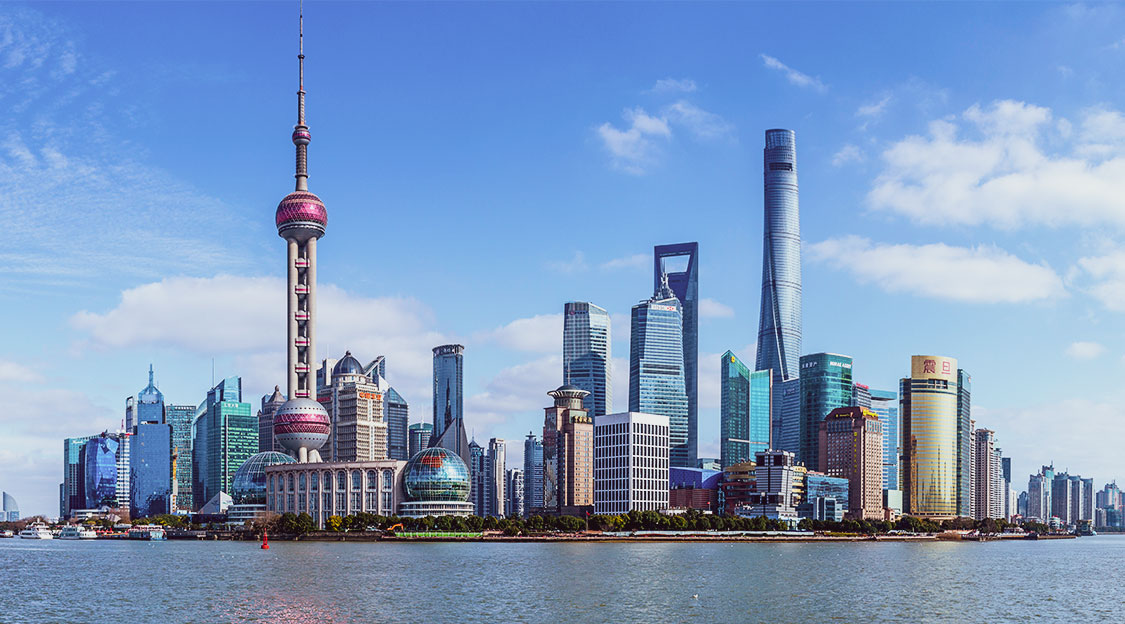
Meaning of Made in PRC: A Label for “Made in China”?
For e-commerce businesses or importers, China represents an ideal market. Selling products with an origin label enhances a company’s reputation. However, the quality of products depends on local regulations and manufacturing conditions. So, what does it mean when a product is made in PRC?
The Acronym for the People’s Republic of China
The “Made in PRC” label literally translates to “People’s Republic of China.” In French, it means “fabriqué en République populaire de Chine.” It is the official designation of the country of origin for equipment, clothing, and other goods.
The made in PRC label is used across various industrial sectors. It has become a quality standard for traders worldwide.
Difference Between Made in PRC and Made in China
Both labels have the same meaning. There is no difference in terms of origin or quality. The distinction between “Made in PRC” and “Made in China” is purely perceptual. Products made in PRC and labeled as such appear more official in international trade. The term has a more serious image, making exports easier.
On the other hand, “Made in China” often carries a negative perception, which is not always justified. In the collective mindset, it suggests poor quality and environmentally unfriendly manufacturing processes.
Is It Legal to Use the “Made in PRC” Label?
The legality of an origin label depends on the regulations of the destination country (labor laws and customs codes). The legality of “Made in PRC” is therefore relative to the location of your business. This regulatory difference aims to prevent imported products of lower quality than national standards from entering local markets.
Some countries have specific regulations regarding country-of-origin labeling. In France, “Made in PRC” is a legal and authorized label under European laws. In the United States, the situation is different. The country of origin must be explicitly stated in English. Therefore, the term “China” is mandatory.
Impact of Made in PRC: An Evolution of Quality Standards?
The average wage offered by Chinese manufacturers increased by 64% between 2011 and 2021. It rose from $3.3 to $5.4 per hour, still considered relatively low labor costs. As a result, companies worldwide seek to relocate their production to China to improve profit margins and offer competitive prices on the global market.
However, Made in PRC is not just about economic factors. According to a McKinsey study, 76% of Chinese companies prioritized research and development investments between 2015 and 2020. This strategy aimed to improve product quality.
The era when cost-cutting was the primary competitive advantage of Chinese manufacturers is over. Today, manufacturers focus on smart product design, innovative technologies, and the ability to meet evolving customer needs. They invest in new technologies, employee training, and technical expertise to continuously enhance product quality.
As a result, the value of Made in PRC has significantly improved.
How to Buy Made in PRC Products?
To source high-quality products that meet ethical standards, finding a reliable supplier is essential. Working with a sourcing agency also helps optimize the supply chain.
Finding the Right Business Partner
The size of your order determines your choice. Tier 1 manufacturers, wholesalers, and trading companies facilitate the supply of smaller quantities. For larger needs, working with a factory that employs between 250 and 800 workers is advisable. Bulk orders require Tier 3 production units.
Ensure that your partner complies with quality standards and has at least one certification. Eco-friendly labels guarantee the ethical manufacturing of your products.
Hiring a Sourcing Agent
A sourcing agent is a trusted intermediary who leverages their network and expertise to facilitate the importation of Made in PRC products. Specializing in supplier research and management, the sourcing agent handles supplier evaluation, negotiation, and purchasing on an international scale. Their assistance streamlines the entire procurement process, ensuring product quality, cost optimization, and compliance with applicable regulations.


